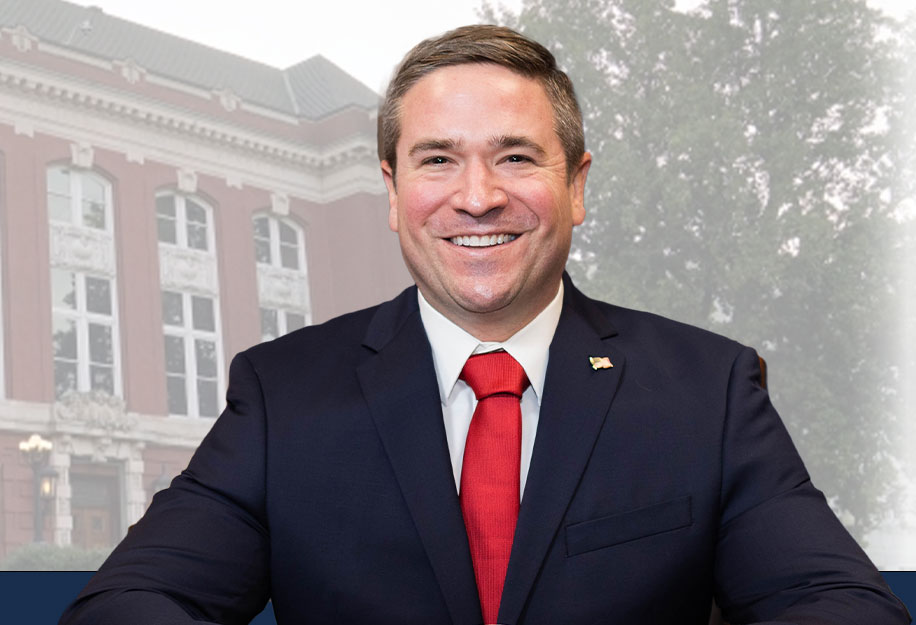JEFFERSON CITY, Mo. – In an effort to protect the Constitution, Missouri Attorney General Andrew Bailey joined a coalition of 22 states in filing an amicus brief in the Colorado Supreme Court, arguing that the First Amendment protects Jack Phillips and his business, Mastercake Cakeshop, from being required to create a cake expressing a message contrary to his beliefs.
As Attorney General, I will always protect the Constitution, which includes the basic right to freedom of speech enshrined in the First Amendment,” said Attorney General Bailey. “Americans enjoy the right not to speak as much as they enjoy the right to speak, and compelling a cake baker to speak in a way that violates his religious beliefs is a textbook violation of the First Amendment. My office will use any tool necessary to defend the First Amendment rights of all Missourians.”
In 2012, Phillips declined to bake a custom wedding cake for a same-sex couple and was censured by the Colorado Civil Rights Commission for discrimination. After a number of legal proceedings, the United States Supreme Court ruled that the Commission violated the First Amendment when it acted with “hostility” to Phillips’ “religious viewpoint.”
However, on the very same day that the Supreme Court agreed to hear his case, a transgender activist demanded that Phillips create “a birthday cake with a pink interior and a blue exterior” that would reflect the activist’s “transition from male-to female.” As the activist admitted, the request was designed to “correct” the “errors of … Philips’ thinking.” When Phillips refused to create the cake, the activist filed suit in state court, where the trial court and court of appeals found him liable for discrimination.
The amicus brief filed by the attorneys general asks the Colorado Supreme Court to take up Phillips’ challenge and conclude that he cannot be compelled to create custom cakes expressing a message contrary to his religious beliefs. The United States Supreme Court is currently considering a similar challenge to Colorado’s antidiscrimination laws brought by a website designer who does not want to create websites for ceremonies that violate her religious beliefs.
The states also argue that they play a vital role in stepping up to defend the religious freedoms of all Americans: “The Amici States have an important interest in ensuring that people are not denied equal access to publicly available goods and services. But they are also interested in ensuring that persons providing such goods and services are not compelled to speak. Indeed, our federal Constitution protects the providers of goods and services—like anyone else—from being required to express a particular viewpoint. The Amici States seek to ensure that antidiscrimination policy does not trump that constitutionally protected right.”
Other states joining the brief include Alabama, Alaska, Arkansas, Georgia, Idaho, Indiana, Iowa, Kentucky, Kansas, Louisiana, Mississippi, Montana, Nebraska, North Dakota, Ohio, South Carolina, South Dakota, Tennessee, Texas, Utah, and West Virginia.

